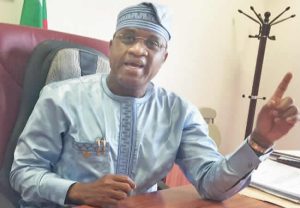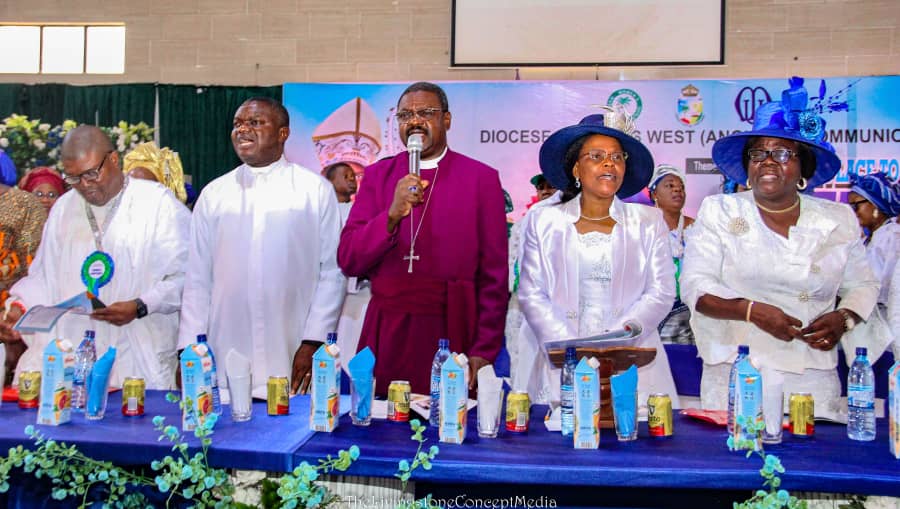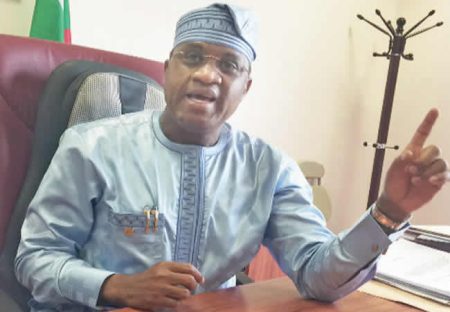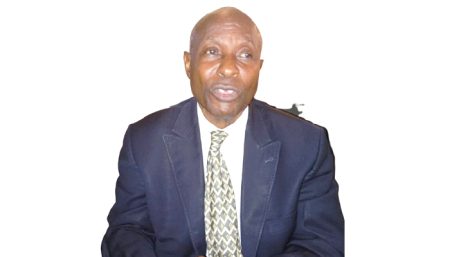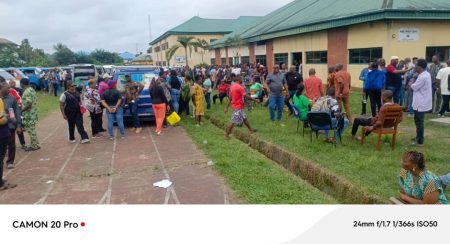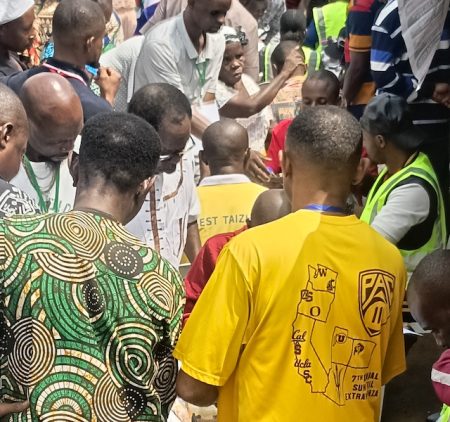Dr. Lydia Odedeji, wife of the Bishop of the Anglican Diocese of Lagos West, has issued a stark warning about the precarious state of Nigeria’s education system, calling for an immediate declaration of a state of emergency. She characterized the escalating number of out-of-school children as a “ticking time bomb” with the potential to destabilize the nation. Her urgent appeal, delivered during her presidential address at the 26th Annual Women’s Conference of the Diocese, underscores the gravity of the situation and the need for swift, decisive action. Citing alarming statistics from UNICEF, Odedeji revealed that Nigeria harbors the world’s highest number of out-of-school children, with over 10.2 million at the primary level and 8.1 million at the junior secondary level. This vast, uneducated population, she argues, represents a grave threat to national security, a “keg of gunpowder” capable of inflicting widespread damage if left unaddressed.
Odedeji’s call for a state of emergency reflects a deep concern about the underlying factors contributing to this educational crisis. She identifies poverty and insecurity as the primary drivers, highlighting the devastating impact these issues have on families’ ability to afford education and the disruption they cause to the learning environment. Her warning that the consequences of inaction will be far-reaching, even affecting those currently insulated by privilege and security, emphasizes the urgency of the situation. This urgent plea extends beyond mere rhetoric; she advocates for concrete legislative measures to tackle the root causes of the problem and mitigate its long-term effects.
While acknowledging the Federal Government’s recent efforts to address the financial burden of higher education through the student loan scheme, Odedeji argues that greater emphasis must be placed on basic education. She proposes free primary and secondary education as a crucial intervention, recognizing that access to early education is fundamental to breaking the cycle of poverty and empowering future generations. This focus on foundational education underscores her belief in the transformative power of education as a tool for social mobility and national development. Investing in early education, she argues, is an investment in the future of Nigeria.
Beyond the systemic issues, Odedeji also highlights the critical role of the family unit in shaping the future generation. She draws a direct link between parental failure and the rise in youth crime and delinquency, emphasizing the importance of strong family values and responsible parenting. Addressing the conference theme, “Do not give place to the Enemy,” she called upon mothers to embrace godly parenting, describing them as the “frontline builders” of a peaceful and productive society. This focus on the family unit underscores the belief that societal transformation begins at home, with parents instilling values and providing the necessary guidance for children to thrive.
Beyond education and family, Odedeji also addressed the political landscape, expressing concern about the premature focus on the 2027 elections. She cautioned against allowing political maneuvering to overshadow the crucial task of governance and urged for increased female participation in politics. Recognizing the unique perspectives and contributions women bring to the table, she emphasizes that their voices are essential for shaping a more equitable and prosperous future for Nigeria. This call for greater female representation reflects a belief in the importance of diverse perspectives in decision-making processes.
The conference, attended by over 1,000 delegates, also featured contributions from other prominent figures within the diocese. Bishop James Odedeji echoed his wife’s sentiments, urging women to actively resist negative influences and embrace their spiritual strength. He identified common entry points for negativity, such as weakness, gossip, sin, fear, and doubt, and offered practical antidotes, including embracing the “full armour of God,” staying rooted in scripture, persistent prayer, and vigilant self-reflection. This focus on spiritual resilience underscores the importance of inner strength and faith in navigating life’s challenges. The conference also included a health lecture on sleep and wellness, Bible study sessions, and discussions on contemporary social issues, reflecting a holistic approach to empowering women and addressing the multifaceted challenges facing the community. The presence of dignitaries like the wives of other bishops, the Dean of the Cathedral, and the Life Patron for the Diocesan Women further underscored the significance of the event and its focus on the vital role women play in the church and society.




